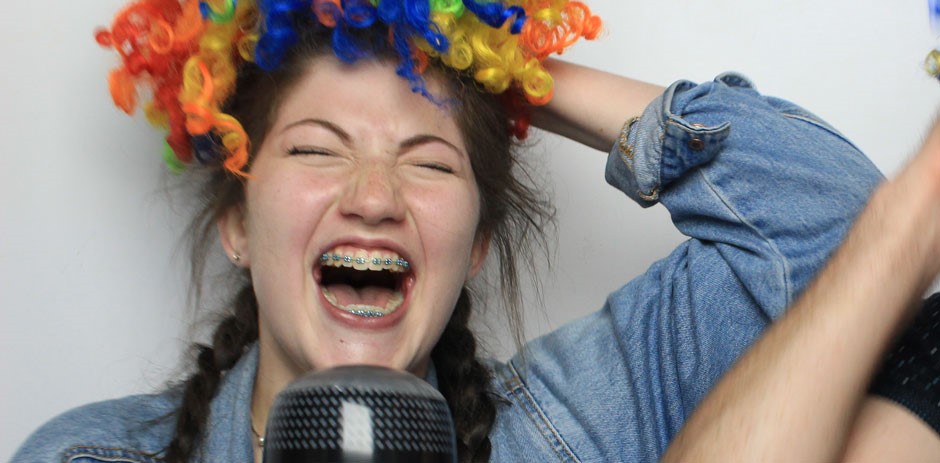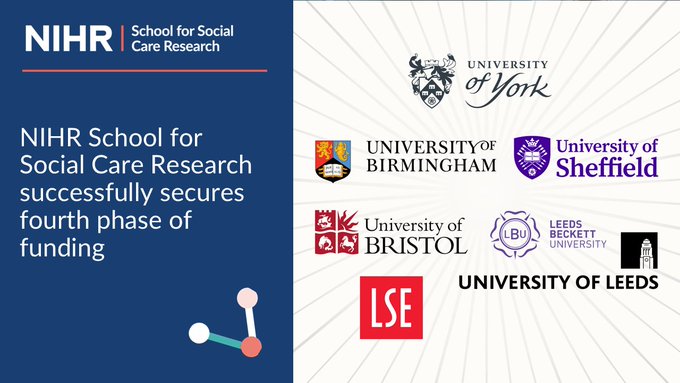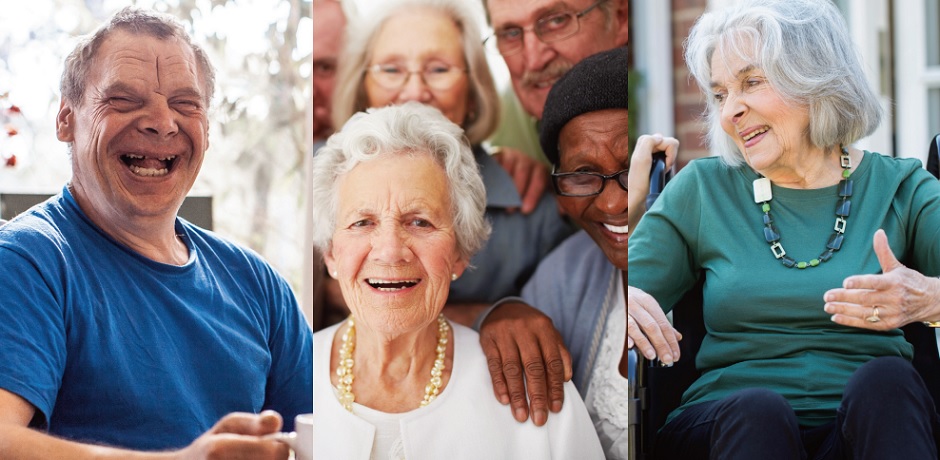)
Adults with Tourette’s Syndrome
Many adults with Tourette’s Syndrome have everyday needs that are not being met, study finds
Because of stigma attached to receiving social care many adults with TS instead relied on friends and family for financial and emotional support, research suggests
Tourette’s Syndrome (TS) is a hereditary neurodevelopmental disorder characterised by tics – sudden uncontrolled movements and/or sounds. Adults with TS may experience difficulties in everyday chores, have mobility difficulties and experience pain that makes it difficult for them to live independently.
A study led by Dr Melina Malli while at the University of Kent found that as tics fluctuate in severity and frequency, adult social care assessments may not be adequate in capturing the debilitating effects of having TS.
Participants in the study were concerned that during tic-free periods adult social care practitioners could not understand the severity of their condition, and concerned about the knowledge and understanding that adult social care staff had about TS.
Quality of life
The study aimed to understand the difficulties adults with TS experience and their access to adult social care. It involved online questionnaires completed by 68 individuals with TS, followed by one-to-one in-depth interviews with 16 of those individuals.
The findings suggest that many adults with TS have a relatively poor quality of life. Alongside the severity of the tics, being employed and the extent to which the participants had experienced discrimination determined their quality of life.
Recipients of disability benefits and/or social care reported higher rates of impaired functioning in relation to their counterparts that did not receive social care and/or disability benefits. They also reported a lower quality of life in relation to adults with TS that were not receiving social care and/or disability benefits.
The study found that adults with TS may experience feelings of isolation, and stigma due to their condition. They may be excluded from the workforce due to environmental factors such as employers’ attitudes and the lack of reasonable adjustments provided.
Social care support
Participants in the study were hesitant about asking for any form of help as they thought it would affect their social identity and make them feel less human. As difficulties arising from the condition were being met by their family and friends, participants felt that only people that had poor social networks should ask for social care or benefits. A participant also discussed that receiving social care would mean losing the idea that things could get better.
Study participants pointed out that although social and emotional support was available for children with TS and their parents, resources for adults were limited and could not be easily accessed. The study found that individuals with TS were at a high risk of failing to transition successfully to adult services and suggested that additional preparation is needed for a smooth transition.
Participants felt that their social support needs were not adequately addressed and did not have access to support groups that were specifically for adults with TS.
The study concluded that social care workers need to have specialist knowledge in relation to TS, its psychosocial consequences and underlying nature to be able to respond more holistically to people’s needs.
Suzanne Dobson, Chief Executive of Tourette’s Action commented:
“This is the first study of its kind and reflects the lives of so many adults living with TS. Whilst the social care needs for adults is crucial it is very difficult to access leaving so many isolated and suffering from enhanced anxiety. Society has to understand the neurodevelopmental conditions that will affect people throughout their lives and recognise that they need help to remain productive members of society”.
Full summary findings
NIHR SSCR (2020) The Social Care Needs of Adults with Tourette’s Syndrome, Research Findings 118, NIHR School for Social Care Research, London.
See also:
Malli MA, Forrester-Jones R, Triantafyllopoulou P (2019) “Tourette’s is a lonely place”: an interpretative phenomenological analysis of the personal experience and identity of adults with Tourette’s Syndrome, Journal of Developmental and Physical Disabilities, 31, 819–845.
Dr Melina Malli discussing the findings as part of an NIHR SSCR Webinar on 11 August 2020.
Further information
This study was funded by the NIHR School for Social Care Research and led by Dr Melina Malli at the Tizard Centre at the University of Kent. Dr Malli has since joined the University of Oxford.
The findings were completed before COVID-19 and have been published to support NIHR SSCR’s requirement that findings from all completed studies are made publicly available.
















